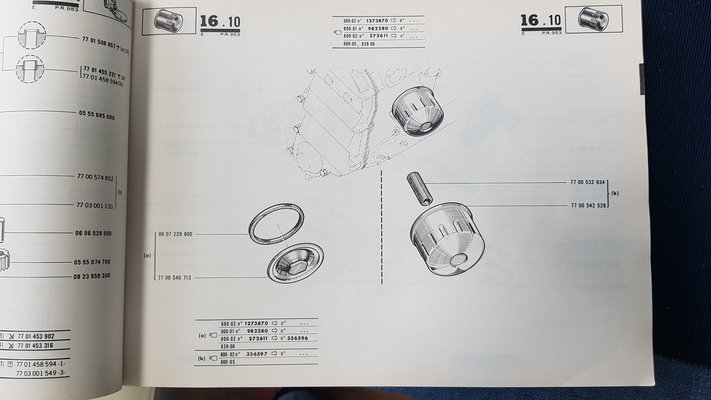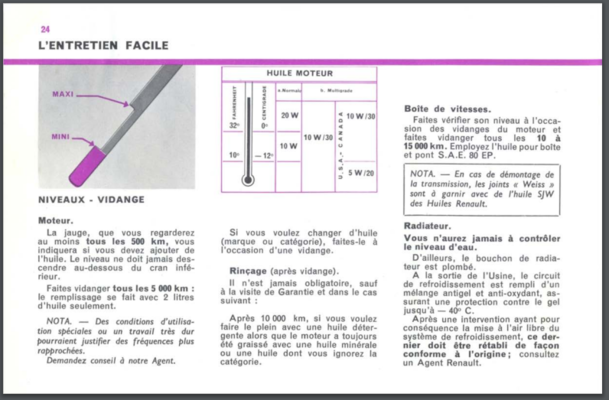reidalpine
Enthusiast
- Messages
- 1,728
over here in Norwayland we use oil from right outside in the North-sea which has been stored for Millions of year... All pun intended!
If your Duckham oil has been stored as you say in sealed containers there is NO danger using it.. Even if stored in subZero temp OR in
cozy temps in the foot-end of your bed under the duvee No problem..oil will not be damaged or degraded as Both high and low temp
IS the intended environment for which oil is intended to be used.....
If your Duckham oil has been stored as you say in sealed containers there is NO danger using it.. Even if stored in subZero temp OR in
cozy temps in the foot-end of your bed under the duvee No problem..oil will not be damaged or degraded as Both high and low temp
IS the intended environment for which oil is intended to be used.....







